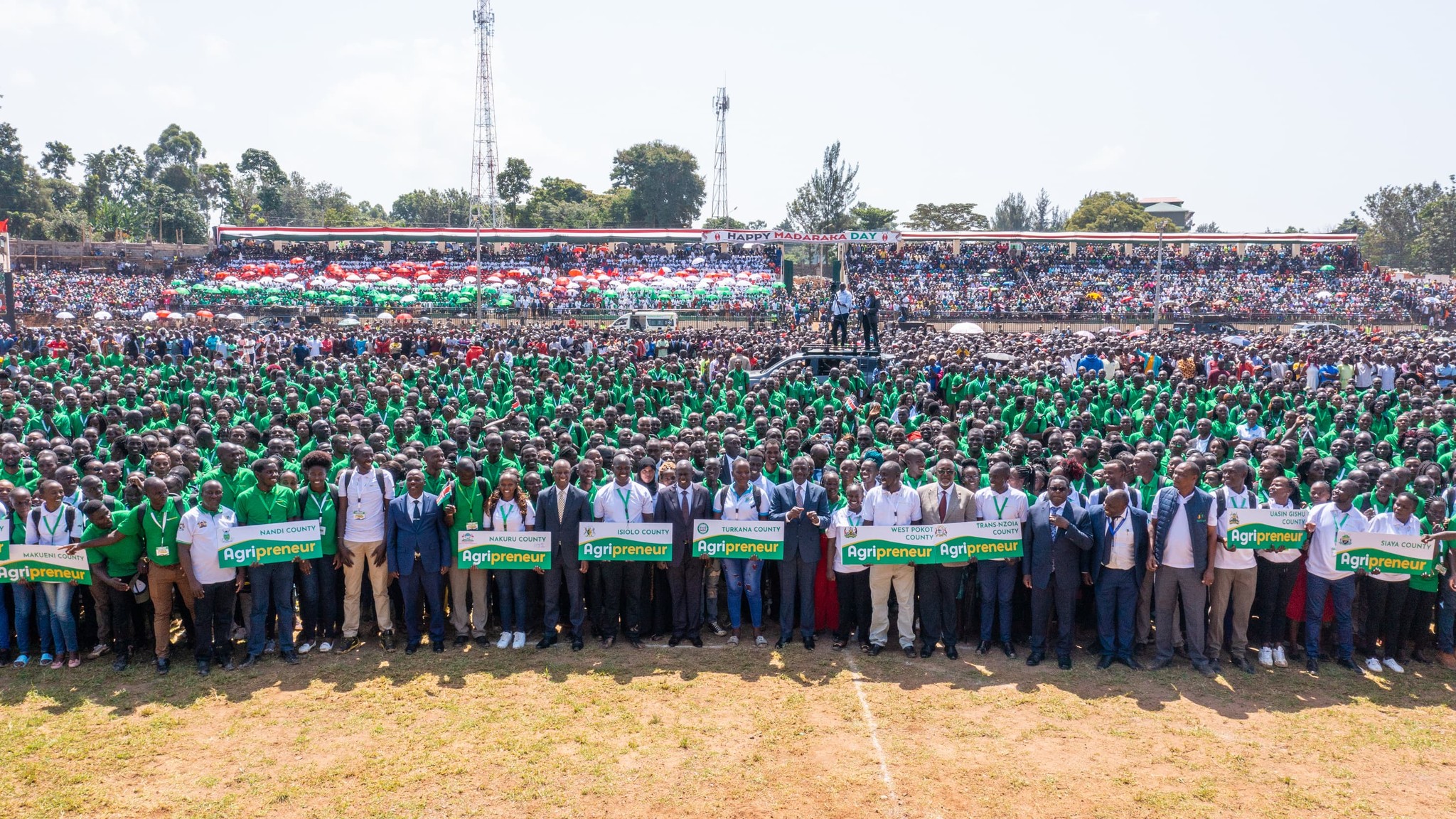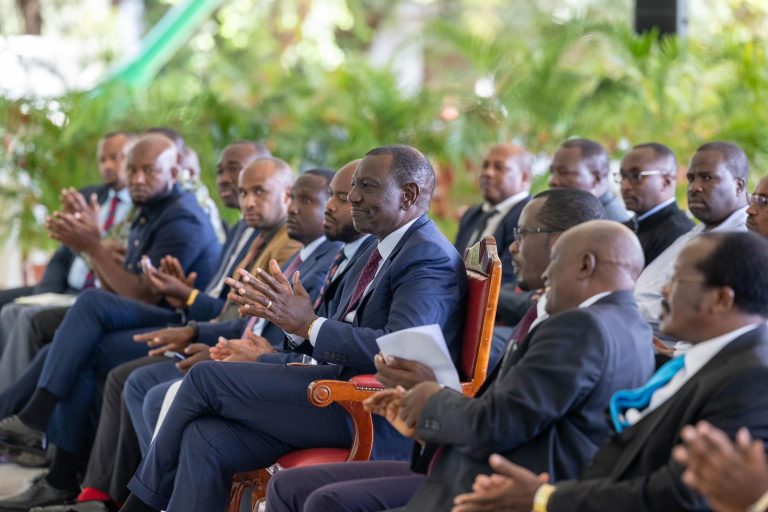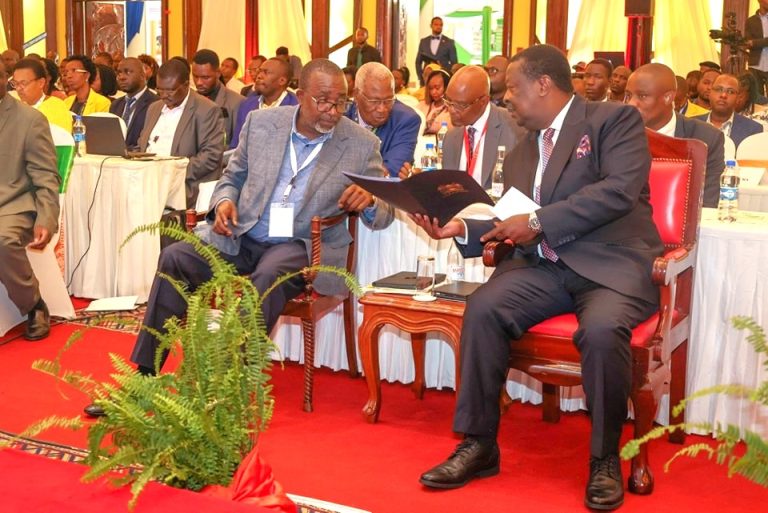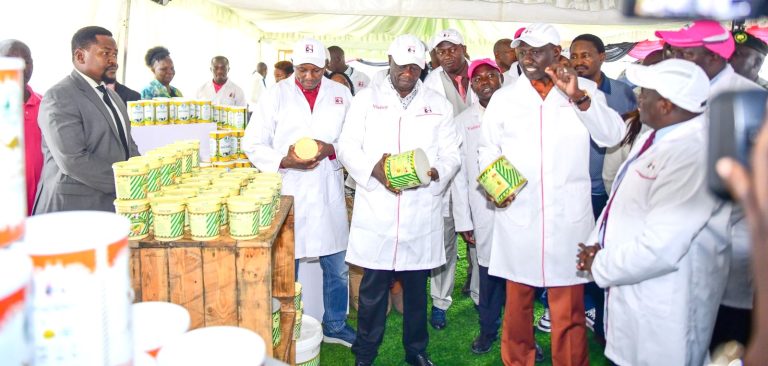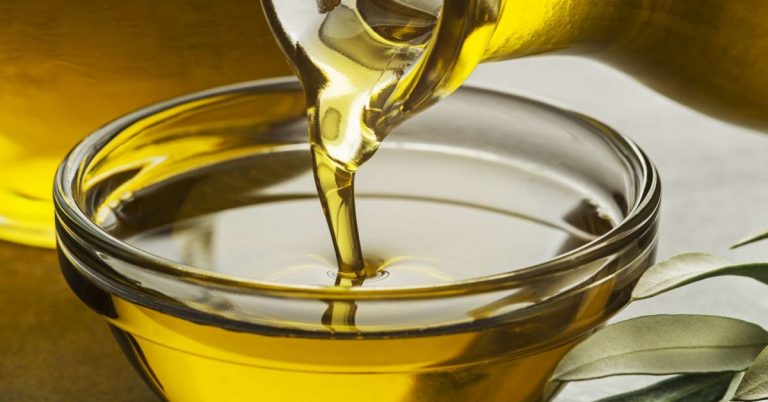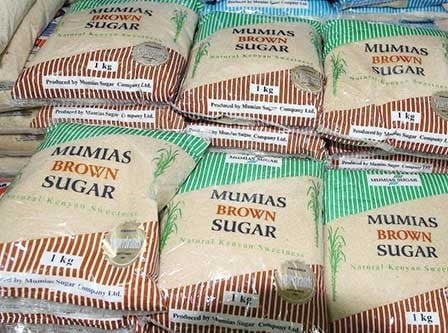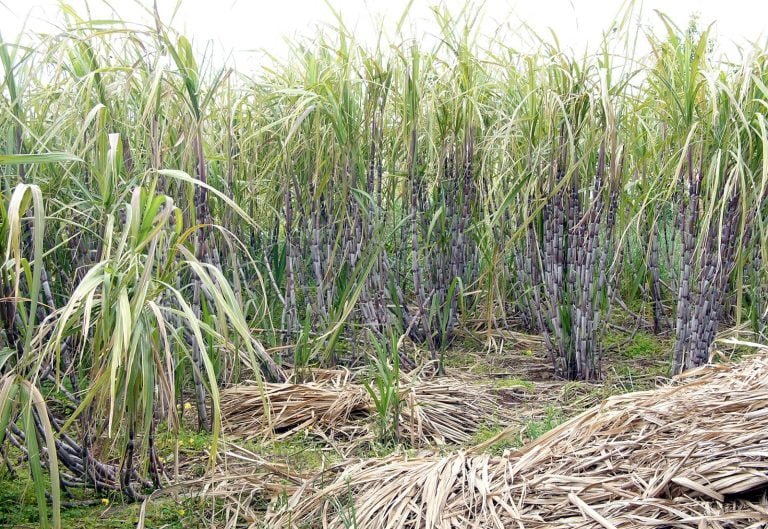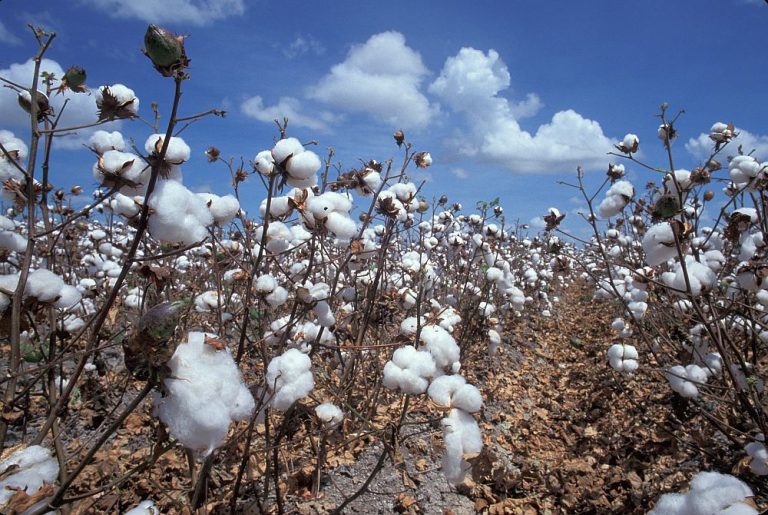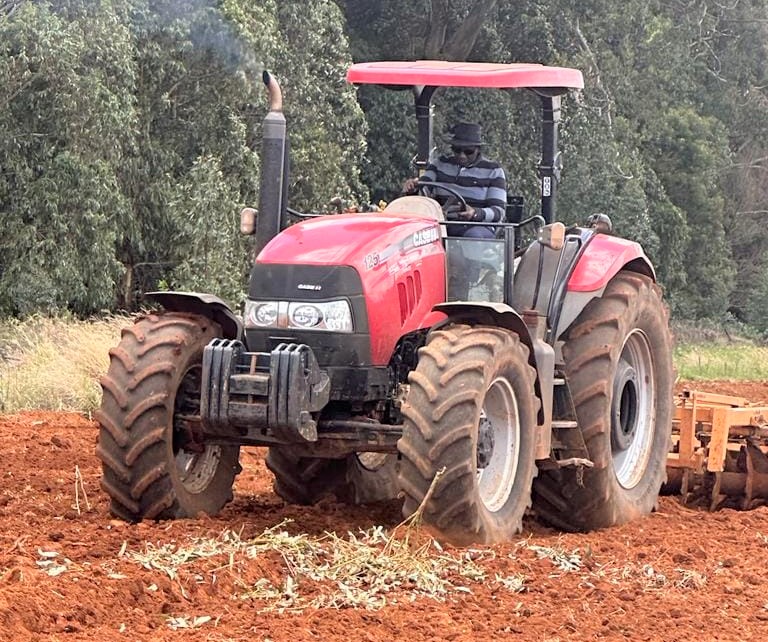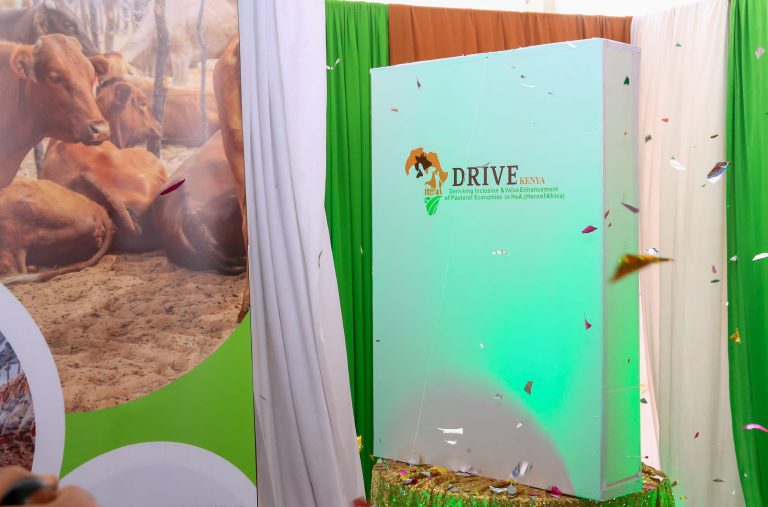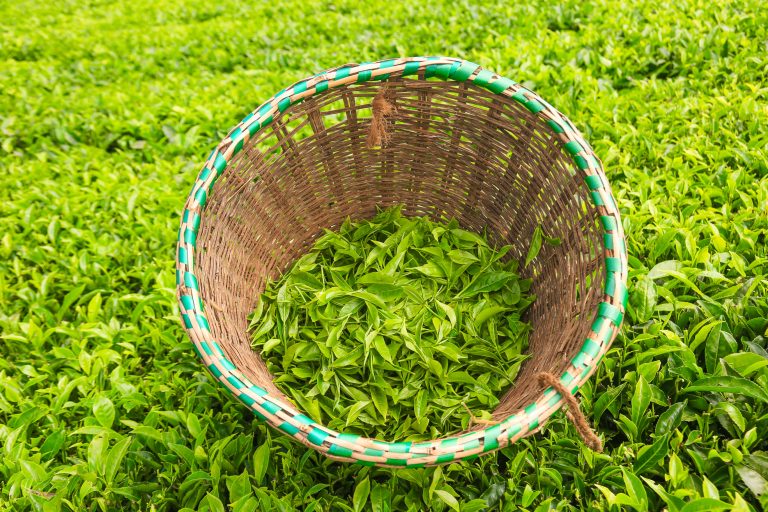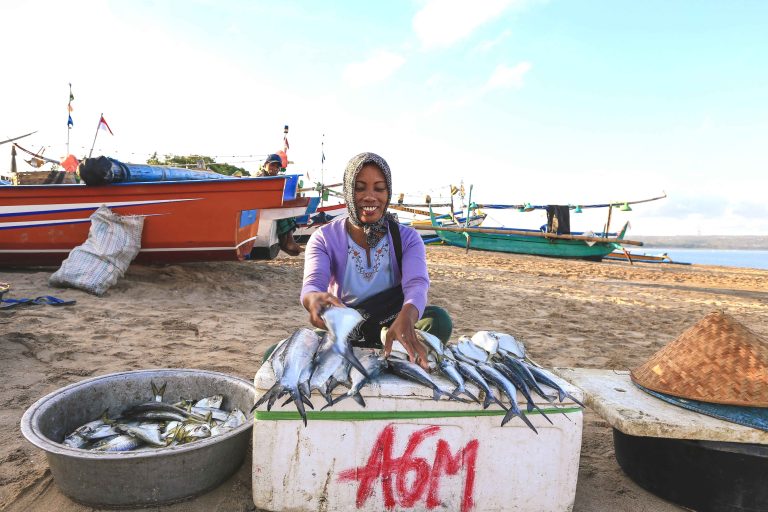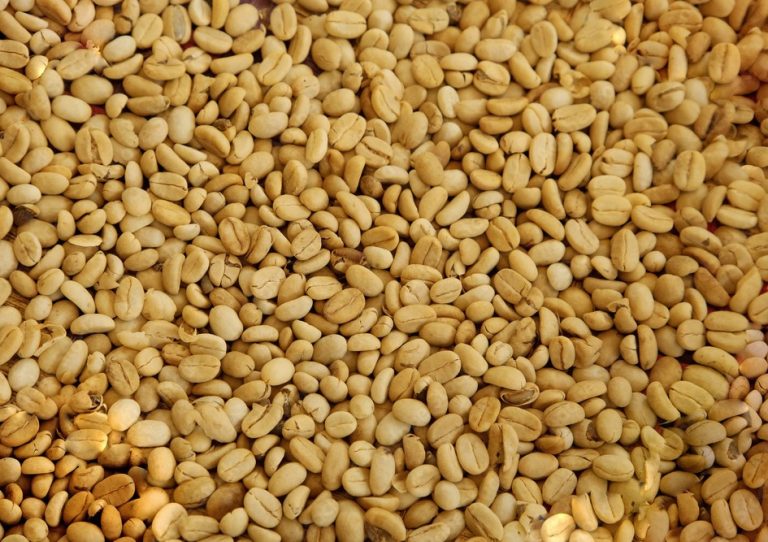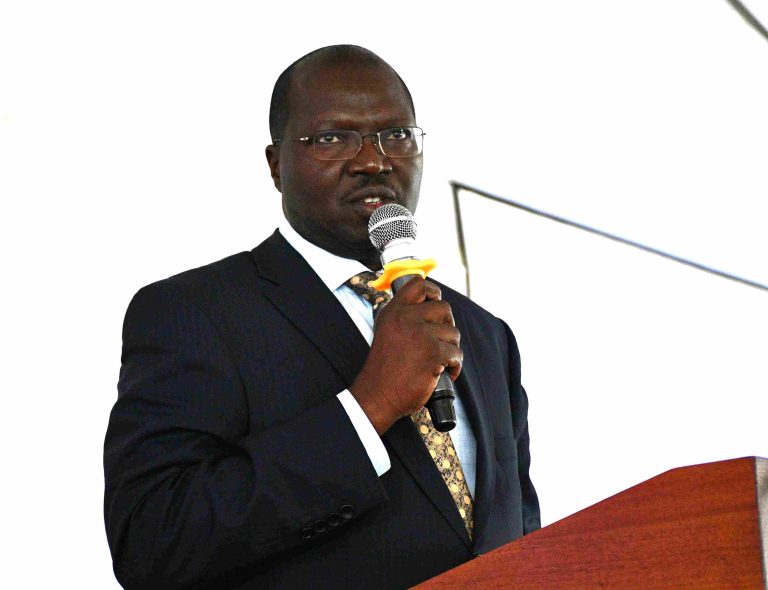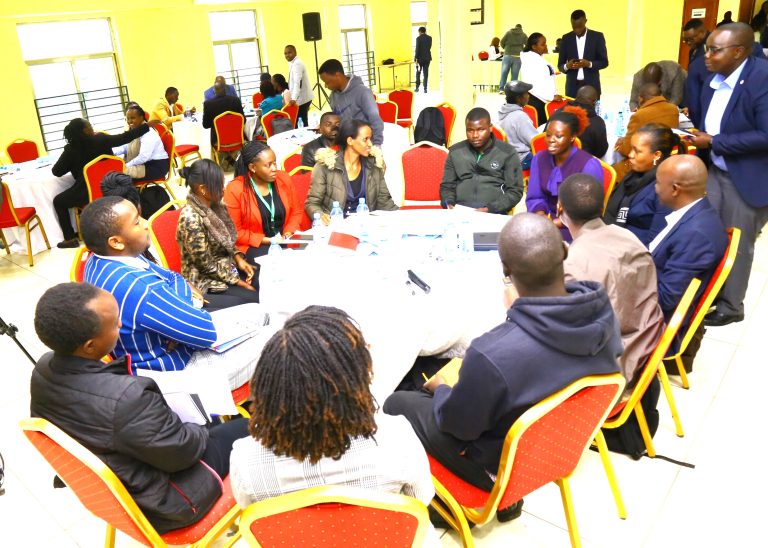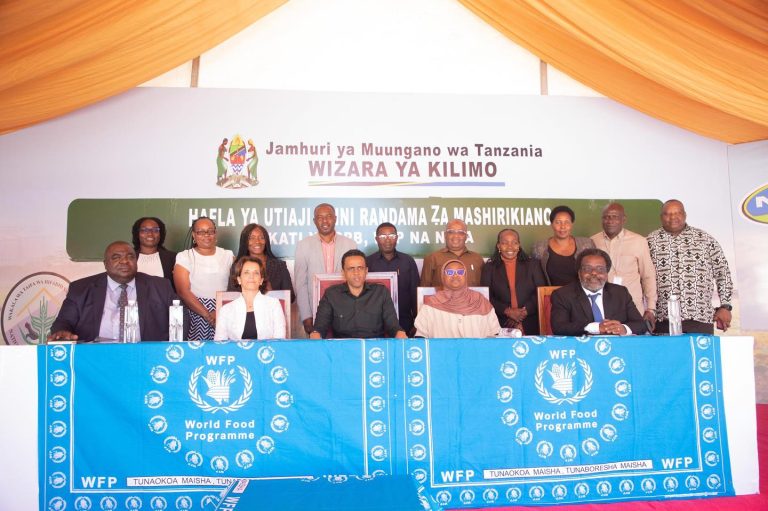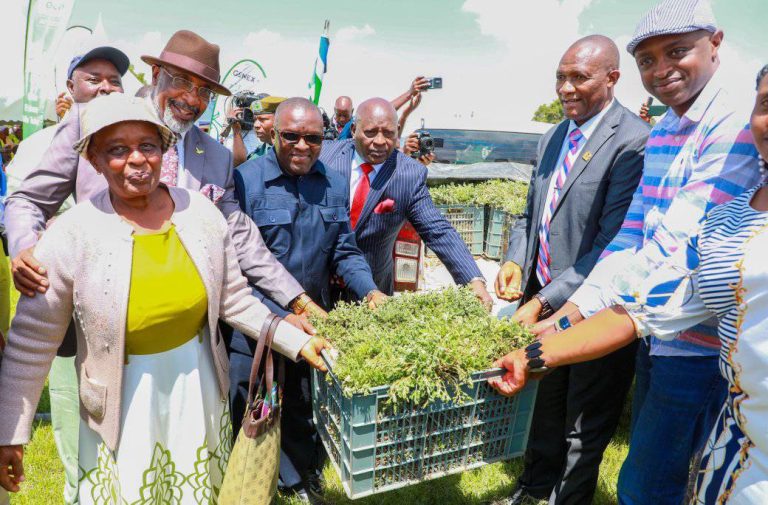Agriculture was the focus of this year’s Madaraka Day Celebrations. In his speech, President Ruto focused on what his government has done and is planning to do to make the sector more successful.
He also appreciated the determination of small-scale farmers, who he said are the backbone of Kenya’s agricultural sector, to produce sufficient and varied food to meet their nutritional, health and other daily needs. Against many odds, he said the farmers have defied systemic and structural constraints and limitations to contribute to household and national food security requirements, and to propel the economy.
The President added that the government has partnered effectively with farmers and other food system value chain actors such as input suppliers, producers, processors, and support service providers to transform their productivity beyond subsistence and enhance the country’s food security.
Below is a summary of the President’s speech on specific value chains.
Sugarcane
“The sugar industry is a highly strategic sub-sector, whose value chains have been the mainstay of the local economies of our sugar belt, and a generator of much-needed jobs. For this reason, we are firmly committed to ensuring that the sugar industry returns maximum value to all actors in its value chains, beginning with the initial and foundational entrepreneur: The cane grower.
We have implemented several radical measures to accomplish this: We have written off Kshs 110 billion worth of sugar factories’ debts over 40 years. A new leasing model that will guarantee prompt payment for cane deliveries by farmers, timely wages for factory workers and bonuses to sugar cane farmers every end of the year, like other crops.
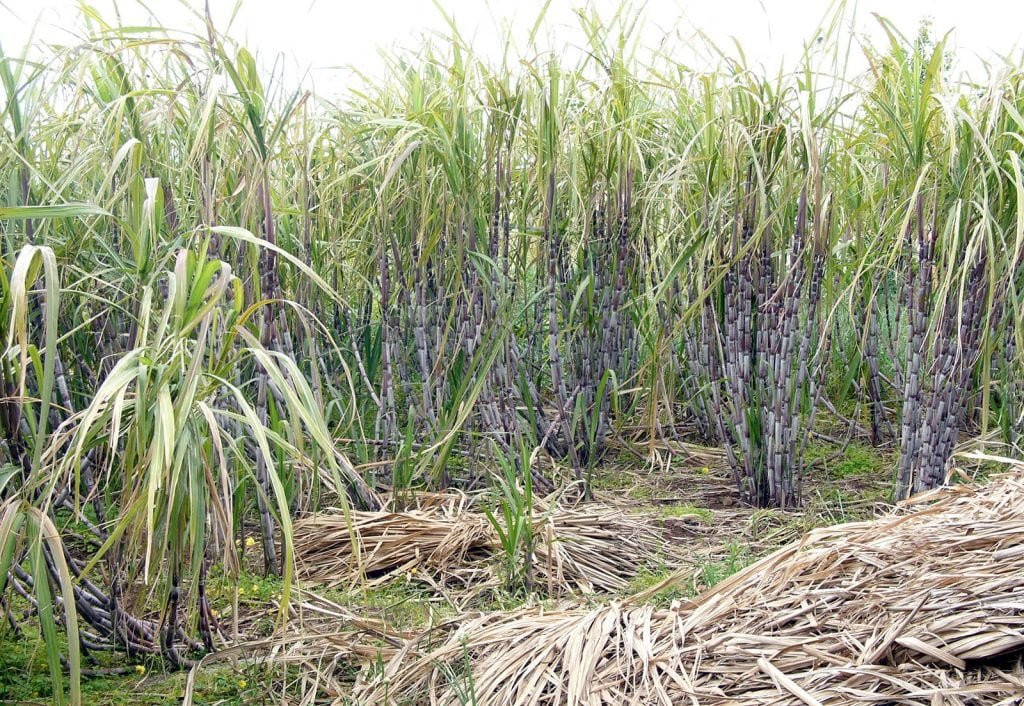
I call upon relevant agencies to accelerate the review process and to incorporate proceeds from by-products. As part of my commitment to invest KSh2 billion into sugarcane development through State-owned mills, after leasing is completed, I am proud to announce that the government has
approved the first tranche of KSh 600 million for seed cane development, and the National Treasury shall shortly release these funds.
Tea
Recently, smallholder tea farmers exported KETEPA’s value-added teas to West Africa and China. The government has also increased farm-to-table food safety through frameworks such as the Food Safety Policy, and a Food Safety Coordination Bill.
Database
To enhance our capacity to coordinate agricultural production and deliver services to the sector more efficiently, we are developing and integrating a farmers’ and agripreneurs database into the Kenya Integrated Agriculture Information System. As we speak, the database already has 6.4 million registered farmers, and our aim is to serve them better by improving access, sharing and utilization of information in the agricultural sector.
The power of this database is beyond doubt. In recent months, farmers have been able to access subsidized fertilizer from the Fertilizer Subsidy Programme, as well as animal feed and certified seeds more easily and affordably. Since we began to distribute subsidized fertilizer last year, 15 million 50kg bags of crop- and soil-specific fertilizers have been distributed.
Coffee
Our strategic interventions have led to a marked increase in value addition initiatives. Measures are underway to boost coffee productivity from 2kg to 10kg per tree and from 50,000 metric tons to 102,000 metric tons a year by 2027.
Under the coffee sector reforms that we initiated, a KSh4 billion coffee cherry fund was established, Ksh 2 billion of which has been paid, with the balance allocated for payment in the 2024/2025 financial year. This will ensure farmers get good returns for their investments. We are also writing off Khs 6.9 billion debt owed by coffee cooperatives.
Edible oils
In the edible oils value chain, the government’s plan involves boosting the production of sunflower, palm oil and canola by working with counties. In 2023, 70 tonnes of sunflower seeds were purchased, with 40 tonnes distributed to farmers. Another 40 tonnes of seed have been allocated to the Agricultural Development Corporation for seed multiplication.
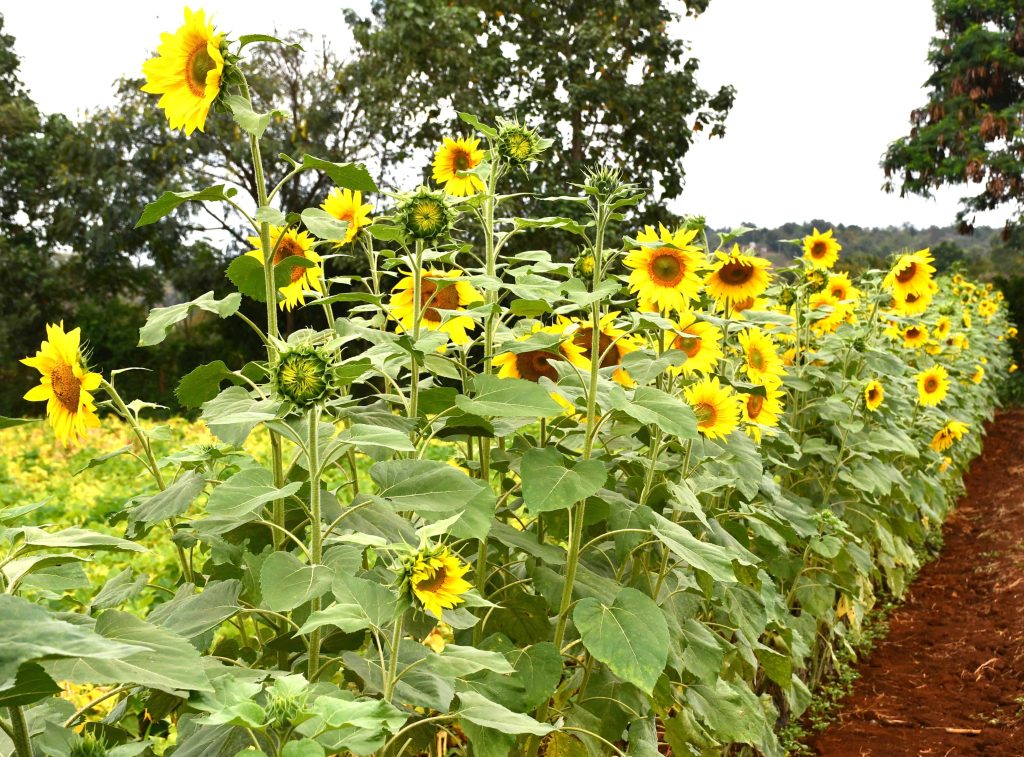
Additionally, the government, through the Agriculture and Food Authority, has procured and distributed 500 metric tonnes of seeds, worth KSh241 million, to farmers in 24 counties. In the
2024/2025 financial year, KSh414 million has been budgeted for this programme under the National Edibles Oils Promotion Project.
Cotton
We are on course with our plan to increase cotton production from 2,500 bales in 2022 to 107,000 bales by 2025 and modernize ginneries. The aim is to expand cotton farming from 9,300 acres in 2022 to 41,000 acres in 2023, distributing 15,700kg of seeds to farmers in Busia and another 20,000kg to farmers in Meru, Makueni, Kitui and Machakos.
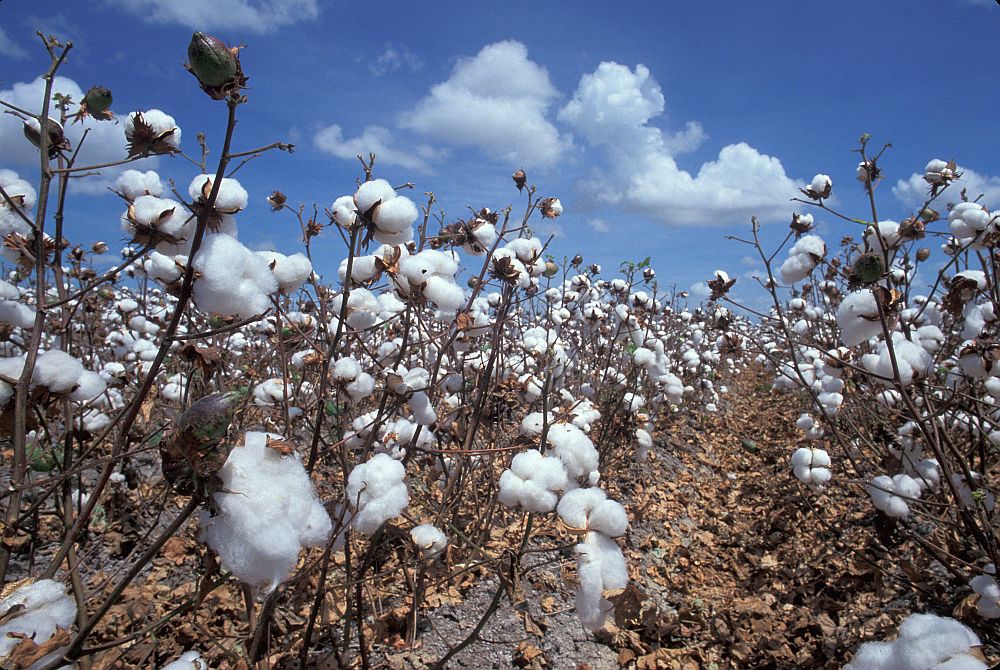
Subsidized fertilizer will be provided through the tried and tested e-voucher system.
Additionally, 5,000 acres have been harvested in Lamu. The government has also worked with stakeholders to negotiate a price increase for farmers from KSh 54 a kilo to KSh 72. In the 2024/25 financial year, KSh 150 million has been allocated for the Cotton Industry Revitalization.
Climate Change
We have all witnessed the negative effects of climate change, most notably through extreme climatic phenomena. Last year, a long, bitter drought ended, giving way to a spell of vicious storms and devastating floods. It is now clear to us all that climate change presents serious challenges to food security and economic recovery.
The flooding, mudslides, and landslides that the country has experienced in the past six months may have slowed us a little. However, the effects of global warming have not killed our resolve to become food secure and grow economically.
Instead, climate-related risks and hazards have strengthened our determination to increase investment in climate action to build resilience against the disruptive forces of nature.
The government will continue to champion afforestation and the restoration of degraded landscapes and mobilize Kenyans to plant trees throughout the Republic to restore the environment and biodiversity. We encourage increased use of climate-smart technologies such as mobile grain driers, mobile soil assessment laboratories and irrigation.
Dairy
In the dairy industry, we are committed to enhancing annual milk production from 5.1 billion litres to 10 billion litres by 2027, raising the market share of processed and formally marketed milk from 30% to 50%.
This will lead to an increase in processed milk exports of 1 billion litres a year by 2027. The value of processed milk increased by 7.4% from 755 million litres in 2022 to 811 million litres in 2023. KSh600 million was released last week to New KCC to pay farmers promptly as part of the buildup of the milk revolving fund, which is estimated to be KSh3 billion.
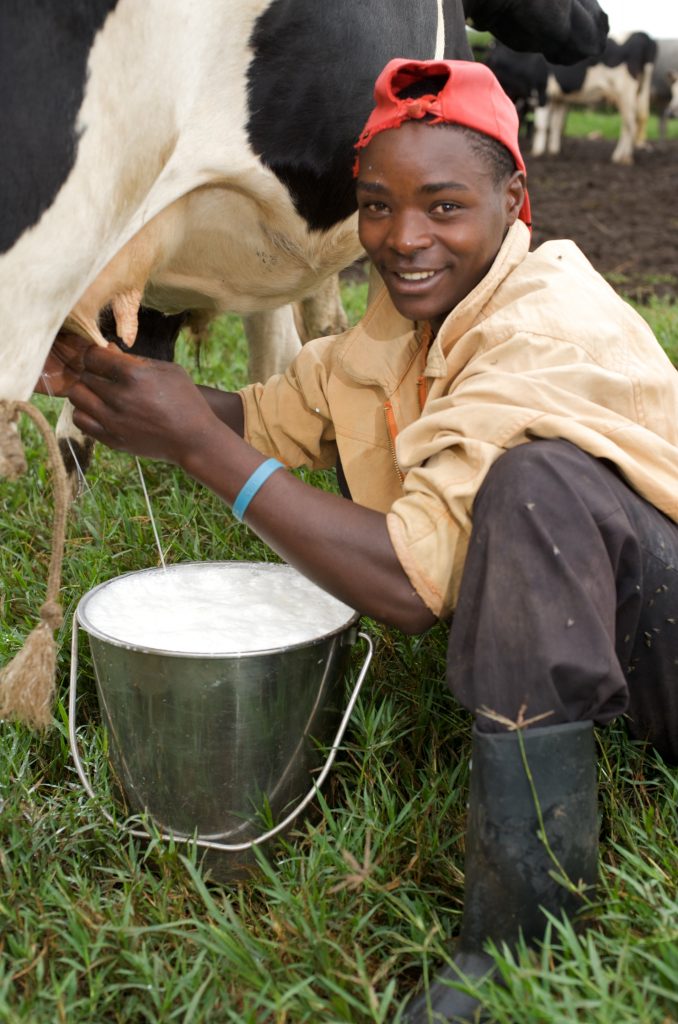
The government’s 6-point plan for the dairy industry covers, among other actions, installing milk coolers in dairy cooperatives, providing tax incentives, reducing trade barriers, and establishing a dairy stabilization revolving fund to manage milk surpluses and deficits, and promoting higher nationwide milk consumption to improve health, especially the growth and development of young Kenyans
Livestock
To sustain high livestock performance, several interventions have been undertaken with the aim of improving genetics and eliminating feed-water supply constraints, diseases, and barriers to market access.
The government’s interventions in the red meat value chain are similarly robust and have led to an 8.6% increase in meat exports from 15,000 metric tonnes, valued at KSh 9 billion in 2022, to 16,000 metric tonnes valued at KSh10 billion.

There has also been a 42% growth in the export of live animals from 33,000 animals in 2022 to 47,000 animals in 2023. The government will build 450 fenced feedlots in 31 counties to increase annual red meat production by an additional 108,500 metric tonnes valued at KSh54 billion.
Key actions include the implementation of a countrywide breed improvement programme in collaboration with the counties and to upgrading of dairy and beef breeds. In 2023, the Kenya Animal Genetic Resource Centre provided farmers with 900,000 doses of bull semen with the aim of increasing production and productivity. I have directed that the cost of sexed semen be brought down from KSh8,000 to under KSh3,000 which will enable dairy farmers to increase the production and productivity of milk.
Likewise, a goat artificial insemination (AI) station at the Animal Health and Industry Training Institute Ndomba, Kirinyaga County, has produced 48,000 doses of goat semen and trained 80 goat inseminators”


